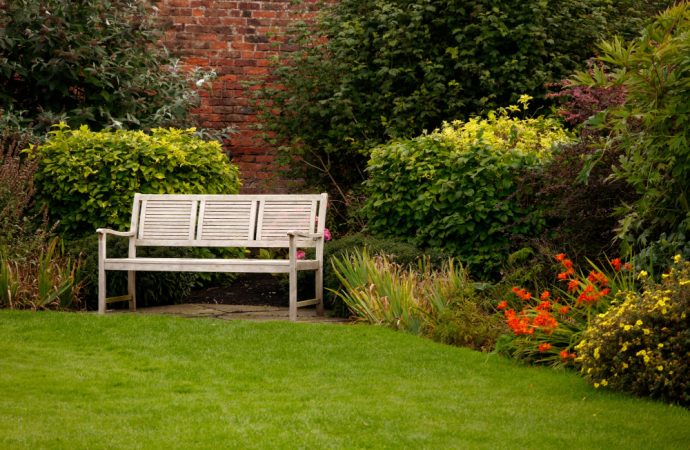Introduction: In today’s fast-paced and stressful world, finding effective ways to manage stress and anxiety is crucial for maintaining our mental well-being. While there are various methods available, one often overlooked yet highly effective approach is gardening. Engaging in gardening activities can provide numerous therapeutic benefits, allowing individuals to reconnect with nature and find solace
Introduction:
In today’s fast-paced and stressful world, finding effective ways to manage stress and anxiety is crucial for maintaining our mental well-being. While there are various methods available, one often overlooked yet highly effective approach is gardening. Engaging in gardening activities can provide numerous therapeutic benefits, allowing individuals to reconnect with nature and find solace in the beauty of their surroundings. In this article, we will explore the therapeutic power of nature and how gardening can help manage stress and anxiety.
1. Connecting with Nature:
Spending time in nature has been proven to have a positive impact on mental health. The sights, sounds, and smells of the natural environment can help reduce stress levels and promote relaxation. Gardening provides an opportunity to immerse oneself in nature, fostering a sense of connection and tranquility. Whether it’s tending to plants, feeling the soil between your fingers, or simply enjoying the beauty of a blooming flower, gardening allows individuals to escape the pressures of daily life and find solace in the natural world.
2. Mindfulness and Stress Reduction:
Gardening is a mindful activity that encourages individuals to be fully present in the moment. When tending to plants, one must focus on the task at hand, such as watering, pruning, or weeding. This mindfulness practice helps redirect attention away from stressors and worries, promoting a state of relaxation and calmness. Research has shown that engaging in gardening activities can reduce cortisol levels, the hormone associated with stress, and increase serotonin levels, which are linked to improved mood and well-being.
3. Sense of Achievement and Control:
Gardening provides a sense of achievement and control over one’s environment. Watching plants grow and thrive under your care can be incredibly rewarding and boost self-esteem. The act of nurturing and witnessing the fruits of your labor can instill a sense of purpose and accomplishment. Additionally, gardening allows individuals to have control over their immediate surroundings, creating a peaceful and harmonious space that reflects their personal taste and preferences.
4. Physical Exercise and Vitamin D:
Gardening is a physical activity that offers numerous health benefits. Digging, planting, and weeding require physical exertion, which can help release endorphins and improve overall fitness. Furthermore, spending time outdoors while gardening exposes individuals to natural sunlight, allowing the body to produce vitamin D. Vitamin D is essential for maintaining healthy bones, regulating mood, and reducing symptoms of depression and anxiety.
Conclusion:
Incorporating gardening into your daily routine can be a powerful tool for managing stress and anxiety. The therapeutic power of nature, combined with the physical and mental benefits of gardening, can provide a much-needed respite from the demands of modern life. Whether you have a large backyard or a small balcony, there are various ways to engage in gardening activities and reap the rewards. So, grab a shovel, plant some seeds, and let the healing power of nature transform your well-being.

















Leave a Comment
Your email address will not be published. Required fields are marked with *